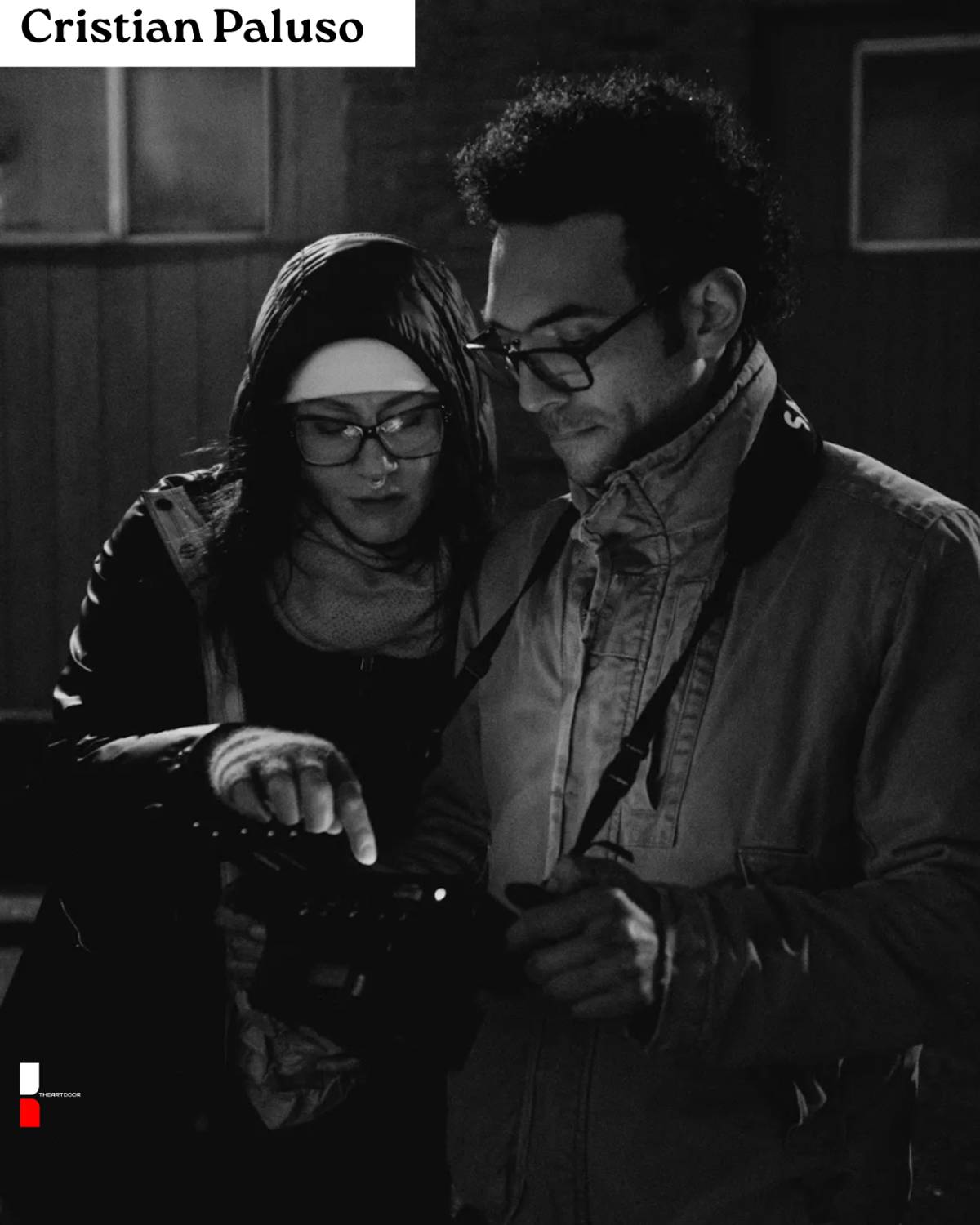Martin Scorsese and the Marvel Debate: A Director’s Plea for the Soul of Cinema
By Staff Writer | Editor in chief: Adrienne Carter
Share
Photo: Abdullah Al-Ghamdi
New York, NY — More than five years after Martin Scorsese first sparked global debate with his comment that Marvel films are “not cinema,” the legendary director continues to stand by his view not out of snobbery, he insists, but out of deep concern for the survival of meaningful storytelling in film.
In a recent interview tied to the release of his latest film The Wager, Scorsese expanded on his critique of Marvel and the industrial blockbuster model, framing it not as a condemnation of fans or filmmakers, but a warning about what he sees as cinema’s slow cultural erosion.
“Cinema is about revelation,” Scorsese said. “About moral complexity, emotional risk, the human experience. When the industry becomes dominated by franchise entertainment, it’s not just art that suffers, it's our collective imagination.”
The Heart of the Matter
Scorsese’s concern centers less on superhero films themselves and more on what he describes as the monopolization of space literal and metaphorical by commercial franchises. With major theater chains increasingly reserving screens for tentpole blockbusters, many smaller, character-driven films struggle to find audiences.
“These films are engineered to be theme park rides,” he said in a now-famous 2019 Empire interview, referring to Marvel movies. “They’re well-made, but they lack something essential: genuine danger.”
That statement ignited a polarizing global conversation. Critics accused Scorsese of gatekeeping and misunderstanding what modern audiences want. But many fellow auteurs like Francis Ford Coppola, Denis Villeneuve, and more recently Greta Gerwig have expressed similar concerns about the economic pressure on artists to chase universality and box office over vision.

Photo: Girish Shahane
Art Versus Algorithm
At the core of Scorsese’s argument is a larger philosophical tension: art versus algorithm. He worries that streaming platforms and studios now rely too heavily on data-driven content greenlighting films based on engagement metrics and franchise viability rather than artistry or originality.
In 2023, when Marvel’s Quantumania underperformed both critically and commercially, some insiders began echoing Scorsese’s earlier concerns. Industry analysis from The Hollywood Reporter even noted a fatigue setting in among audiences, opening the door for a slow resurgence in auteur-driven storytelling.
A Cinematic Counterbalance
Despite his criticism, Scorsese remains hopeful. His own recent films, such as The Irishman (2019) and Killers of the Flower Moon (2023), garnered both critical acclaim and a dedicated audience, thanks in part to streaming partnerships with Netflix and Apple. Yet he remains wary of treating streaming as a full replacement for theaters.
“Cinema belongs in a shared space. It’s a communion,” he said. “We must protect that space.”
The director now advocates for film education, preservation, and global cinema outreach through his non-profit Film Foundation. He also encourages new generations of filmmakers to take risks and trust their voices, “even if your film never ends up on the biggest screen.”
A Future Still Unwritten
While superhero films remain dominant, signs of change are stirring. Films like Everything Everywhere All At Once, Past Lives, and The Zone of Interest have proven that audiences are still hungry for originality and depth.
Scorsese, now in his 80s, continues to push boundaries, not just with the films he makes, but with the conversations he starts. In doing so, he isn’t trying to cancel comic book movies. He’s asking us to consider what we risk losing when commerce overshadows art.
“The danger isn’t that Marvel exists,” he said. “The danger is if that’s all there is.”


